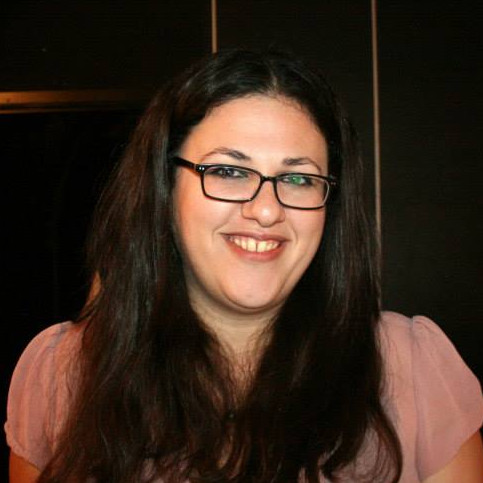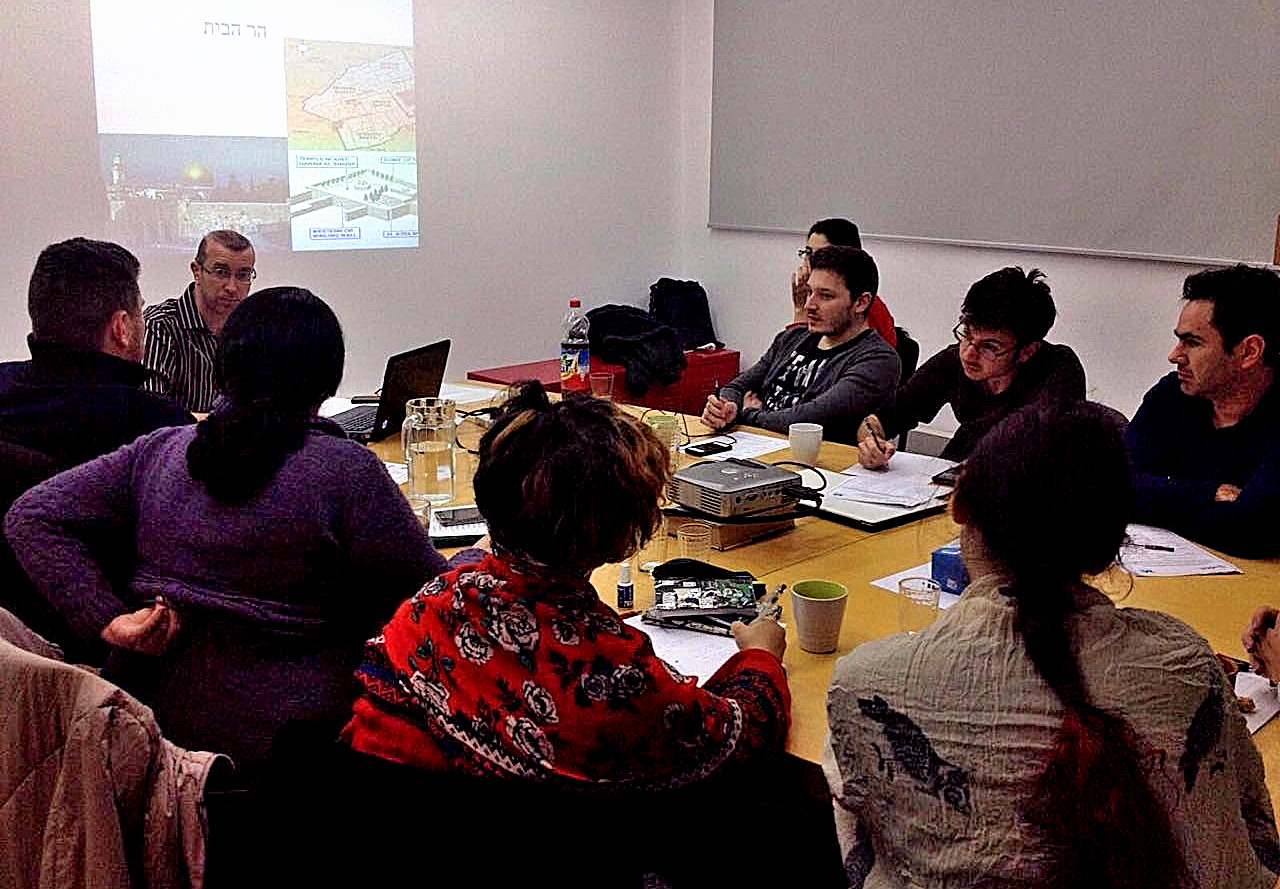Under the Radar
Where we talk to and learn about Mitzvah heroes, those amazing people who are doing their part in Tikkun Olam and making the world a better place to live in.

Under the Radar: Sofi Sosonov-Hadar
Written by Arnie Draiman
Sofi Sosonov-Hadar was born in Baku, Azerbaijan, the capital city with a population of over 2,000,000 people. First, let’s take a quick detour to understand what that means. Azerbaijan is much more European than Asian, but was part of the old Russian empire, the Former Soviet Union. It is located south of Russia, in the Caucasus Mountains next to Georgia (which is on the other side of the mountains), and bordering on Turkey and Iran.
The Jews who live there are known as the Mountain Jews, and are of Iranian/Persian descent. They trace their ancestry back to the diaspora created at the hands of the Assyrians 2723 years ago, in the year 701 BCE (as related in the Tanakh, Book of Kings II, chapter 18). They are considered Mizrachi Jews, more closely aligned with the Sephardi Jews of Iran than the Ashkenazi ones of Georgia. Generally speaking, they are a very traditional community and keep the Torah and the mitzvot.
Sofi made Aliyah to Israel with her family at age 7, settling in Acco, a city north of Haifa, on the Mediterranean, reminding them of Baku, which is on the shores of the Caspian Sea. Some relatives who had previously immigrated were already in Acco, so it was also nice to have family nearby. Some of the family remained strictly observant and others less so. And though her parents were less so, Sofi keeps kosher and feels that there is a natural connection and obligation to Torah that permeates the Mountain Jews.
She learned Hebrew quickly, mostly through reading books, which further stimulated her natural born curiosity. After high school, Sofi decided to attend Hebrew University, and by doing so, fulfilled two dreams of hers: to be in Jerusalem and to get a higher education. She remembers very fondly getting her acceptance letter. She studied sociology, anthropology and education – because the subjects were of interest to her, but she really felt it was her calling, to do something to be able to work with people.
As part of this desire to work with people, she
also wanted to do something to help make a change in society. During her undergraduate studies she did volunteer work and saw that anyone can make a difference. Afterwards, she started by working with Kol Ha’Isha (the Woman’s Voice), a non-profit with an aim to strengthen feminism and women’s activism in Israel. Kol Ha’Isha offers an employment readiness program, a crisis counseling and referral center, peace-building initiatives, various support groups and Antea, a women’s art gallery. They are also an active part of the International Day Against Violence Against Women.
This experience led Sofi to understand that her professional career life would be in the non-profit world, where she can effect change and, in her words, “make a difference.” During this time she learned two things: first, that to get ahead, she needed to be more qualified, so she went back to Hebrew University for her masters in non-profit administration and management; and second, that people who are not “white Ashkenazi” can also be leaders in the fight for equality and a better society in Israel.
With her master’s degree in hand, Sofi was offered a position with Morashtenu (Hebrew for “Our Heritage”), an initiative geared towards Israel’s large Russian-speaking population. She had never even considered herself part of that crowd, having been immersed in Israeli culture since being a first grader, and yet, Russian is her mother tongue!
She accepted the position as a project manager, working with the Russian-speaking Israelis to teach them about Judaism and Israel –
particularly educating about the land of Israel and the Arab populations in and surrounding Israel. Russians tend to have very set opinions about “the other,” especially those who are often at odds with the Jews. Therefore, teaching the basics of Israeli and Middle Eastern history, about the Israeli wars and borders, and how Israeli Arabs are part of society are all aimed towards understanding peace and not war.
The goals of the apolitical organization include educating about what constitutes anti-social behavior, creating an active Russian-speaking community that takes responsibility to reduce gaps in society, promote issues of justice and social solidarity while emphasizing the unique identity of the immigrants.
To help take the goals of the organization and turn them into a reality, she helped create a Russian-language website called “Relevant Info” where they present all types of views and information, leaning towards op-eds and opinion columns, and less hard news (which does exist in Russian). And, they had women writing and contributing opinion pieces – sounds obvious but it was a major breakthrough in a Russian-language news-style source! Her career at Moreshtenu led her to grow professionally, from project manager to head of finance, and most recently as CEO.
Sofi describes the non-profit sector as a “world of magic,” and that “you have to be a kind person, and be passionate about the work.”
Sofi sums it up by saying that, “in the non-profit world I can influence society!”

Related Articles
Related
Culinary Quickies March 2023
Reader Question: How do I make clear chicken broth/stock? Answer: Let’s start by defining both stock and broth. According to classically trained chefs, stock is made from the bones with a few vegetables to season the liquid which when cooled will take on a gelatinous...
What’s Hot in Food & Cooking March 2023
In today's world of daily increasing food prices it is important to learn how to adapt our favorite recipes and to create weekly meal plans to keep the cost of food within our budgets. The best way to figure out your weekly food budget is to assess your current...
January 2023 Illustration
January is Veganuary! How delightfully appropriate is Galit's January illustration?Related ArticlesRelated
